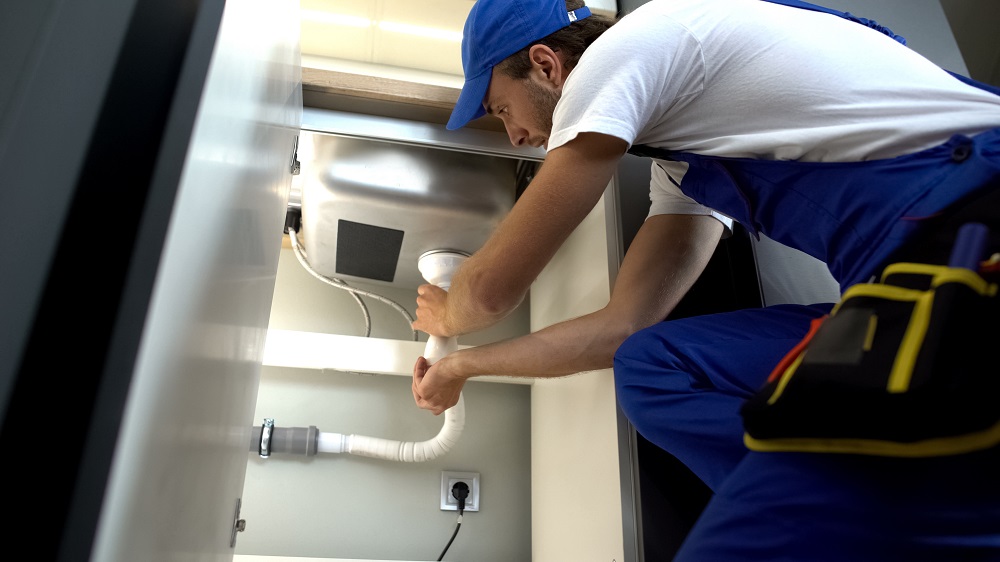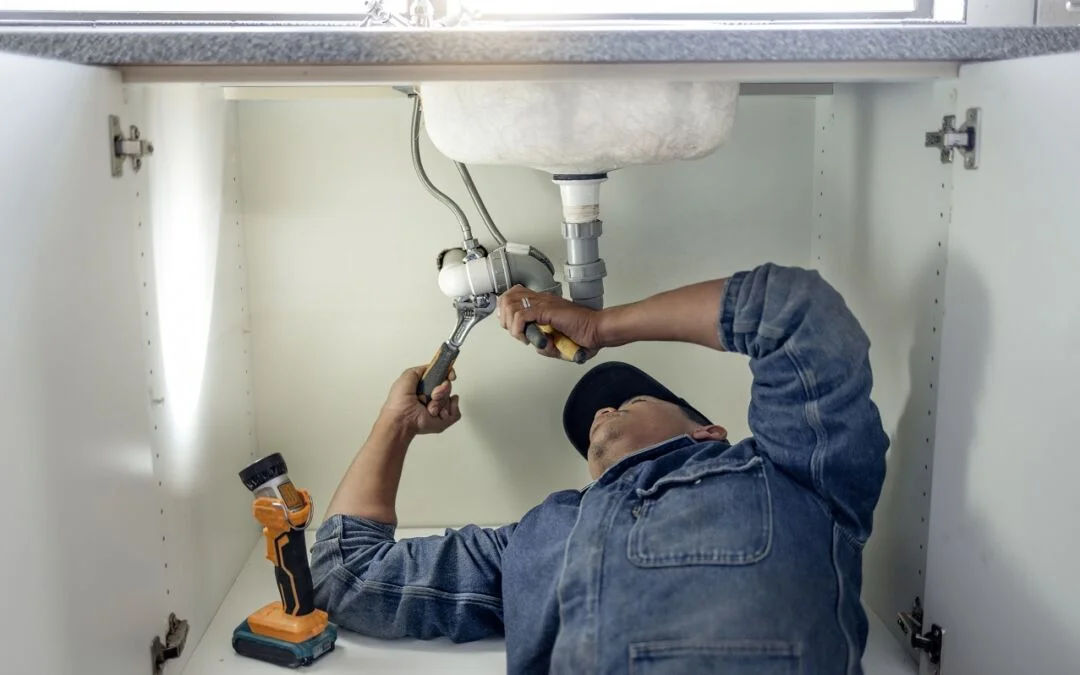Urgent Repair Advice: Ways to Manage Issues Until Help Arrives
Urgent Repair Advice: Ways to Manage Issues Until Help Arrives
Blog Article
What're your ideas concerning What to Do During a Plumbing Emergency?

Pipes emergency situations can strike at any time, causing anxiety and prospective damage to your home. Whether it's a burst pipeline, a clogged up drainpipe, or a leaking faucet, recognizing how to manage the circumstance till an expert plumber arrives can save you from additional problems. This post offers vital emergency situation pipes tips to aid you reduce damages and regain control throughout a pipes situation.
Turn Off the Water System
The first step in any pipes emergency is to turn off the water system. For local problems, such as a leaking faucet or toilet, turn off the valve near the component. In the case of a major leak or burst pipe, find your home's major water shut-off valve and turn it off instantly. Knowing the place of these valves in advance can save useful time throughout an emergency.
Address Little Leaks with Short-lived Solutions
Little leaks can swiftly end up being substantial troubles if left unattended. Use these short-lived fixes up until expert aid gets here:
While these fixes aren't long-term, they can help reduce water loss and damage.
Unclog Drains Pipes Safely
A blocked drain can be an aggravating and messy concern. Here's how to tackle it:
If these approaches don't function, avoid using too much force, as it may get worse the obstruction.
Manage Overflowing Toilets
An overflowing commode can cause instant mayhem. Here's what you ought to do:
Shut Off Your Water Heater
In particular emergencies, such as a burst pipe, it's smart to turn off your hot water heater. This prevents getting too hot or damages to the unit when water quits moving. Shut off the power supply to the hot water heater (electric or gas) and let it cool off to stay clear of potential dangers.
Momentarily Stop a Burst Pipeline
A burst pipe can bring about substantial water damage in minutes. To mitigate the issue:
Call an expert plumbing professional promptly to attend to the problem permanently.
Take Care Of Frozen Water Lines Very Carefully
In colder climates, frozen pipelines are a typical emergency situation. If you think an icy pipeline:
Protect against Further Damages
Taking fast action to minimize damages can save you money and time in the future. Below's how:
. Have an Emergency Pipes Kit
Prepare a standard plumbing emergency kit to take care of small issues efficiently. Your set should consist of:
Having these tools accessible can make a significant difference in your ability to take care of emergency situations.
Know When to Call a Professional.
While quick fixes can help momentarily, specific pipes concerns call for instant expert focus. Call a plumber if:.
Quickly speaking to a professional makes sure the concern is fixed properly and stops additional issues.
Conclusion.
Plumbing emergency situations can be frustrating, but with the ideal expertise and tools, you can take care of the situation efficiently up until aid gets here. By turning off the water system, dealing with little leaks, and using short-term repairs, you can decrease damage and maintain your home safe. Remember, these suggestions are short-term options; always seek advice from a qualified plumber to handle the origin of the issue. Preparation and quick reasoning are your ideal allies in any kind of plumbing emergency.
8 Helpful Tips for Managing Plumbing Emergencies at Home
If your plumbing system hasn’t failed once, wait for it because almost everyone has a story to tell. Sometimes, it could be simple emergencies such as a leaking pipe, a blocked cistern, or even a big burst pipe. In situations like this, you need to have some handy tips to save you some money and from possible damages.
Take care of minor issues early.
Sometimes, you could have avoided an emergency by taking proactive measures while it was still early. Some major plumbing emergencies can be a result of an ignored minor issue. We recommend that you have items like plumbing tapes and other related items. A plumbing tape can allow you to manage minor leaks before the plumber arrives.
Cut off the water supply.
This tip is essential in almost any type of leakage problem. For problems like minor leakages in the toilet or kitchen, turn off the supply that takes water to the affected pipes. If the leakage is a major pipe, you must shut off the supply valve to the entire building. This will help you avoid flooding your home and neighbors if you share a flat.
Know your plumbing system
Folks typically move into a new apartment without understanding the water supply around the building. This can prove disastrous if a water emergency arises and the plumber is far away. The previous tip will prove useless if you don’t practice this one. More importantly, know where your water shut-off valve is located – you’ll need that knowledge to prevent potential home floods.
Have some common handy tools
There are lots of plumbing emergencies that you can handle without hiring a plumber. That’s why you must keep some tools available always. Some tools that you can use to fix simple plumbing emergencies easily include plumbing tapes, screwdrivers, thread seal tapes, plungers, pliers, tape measures, and rubber gloves.
Insulate your pipes from cold
You’ll save yourself from many plumbing expenses if you protect your water pipes from the cold. This is because of the harmful effects that cold weather can have on your pipes. During winter, your pipes can burst from being overly expected to freezing temperatures. So, make sure insulators are there to keep the pipes working correctly.
Avoid practices that will clog your toilet.
Many people indulge in practices that can damage the plumbing system of the entire building. One of these is when they use their toilet to dispose-off garbage. They flush all kinds of things, such as paper towels, bandages, hairs, female sanitary products, etc., down the toilet. This will block your toilet in the long run, incurring unnecessary expenditures. Dump such waste in the trash instead.
Check your dials regularly.
Sometimes, there could be leakages in your home without noticing them in time. So, constantly monitor your water meter dial. If the dial is reading when there is nobody using water, this is an indicator that there is leaking. Check for leaks immediately. Call a plumber as soon as possible if you can’t find any.
https://www.constructionplacements.com/8-helpful-tips-for-managing-plumbing-emergencies-at-home/

As a keen person who reads on , I figured sharing that piece was a good thing. Sharing is good. You won't know, you may be doing someone a favor. I treasure your readership.
Request Appointment Report this page